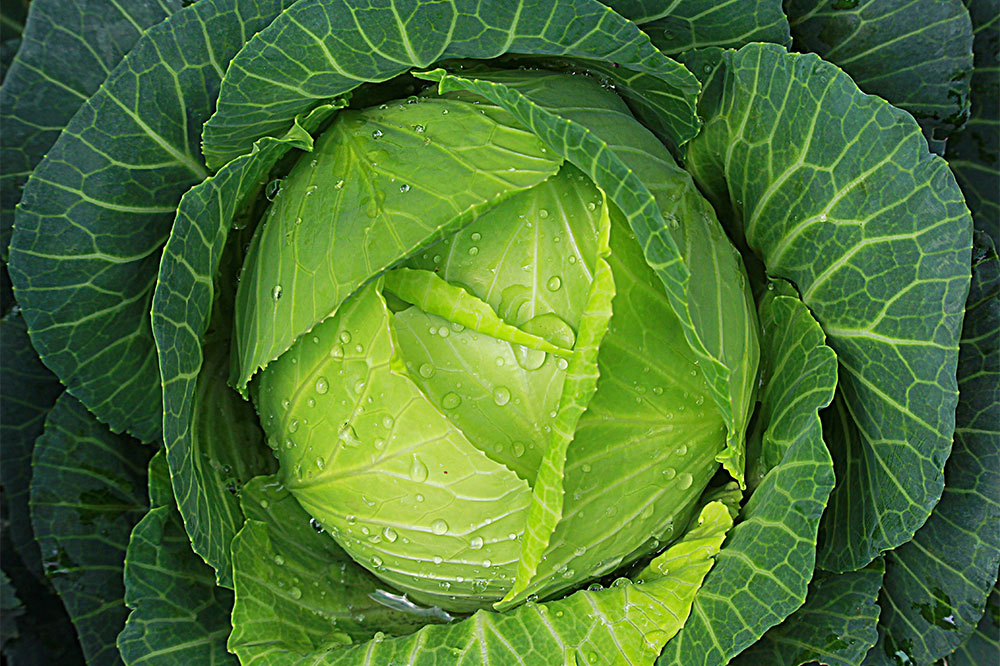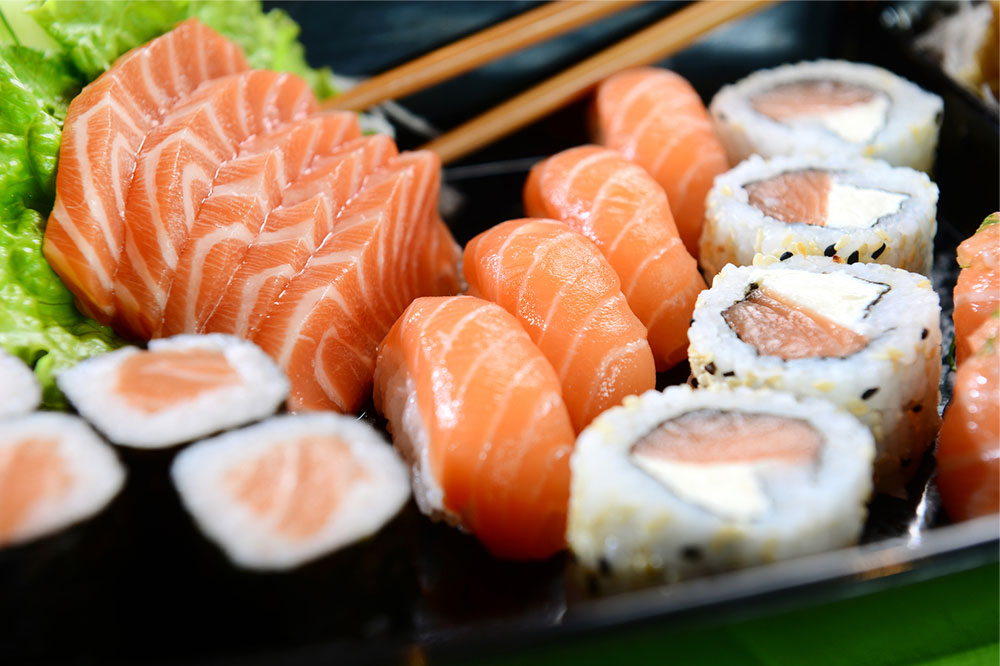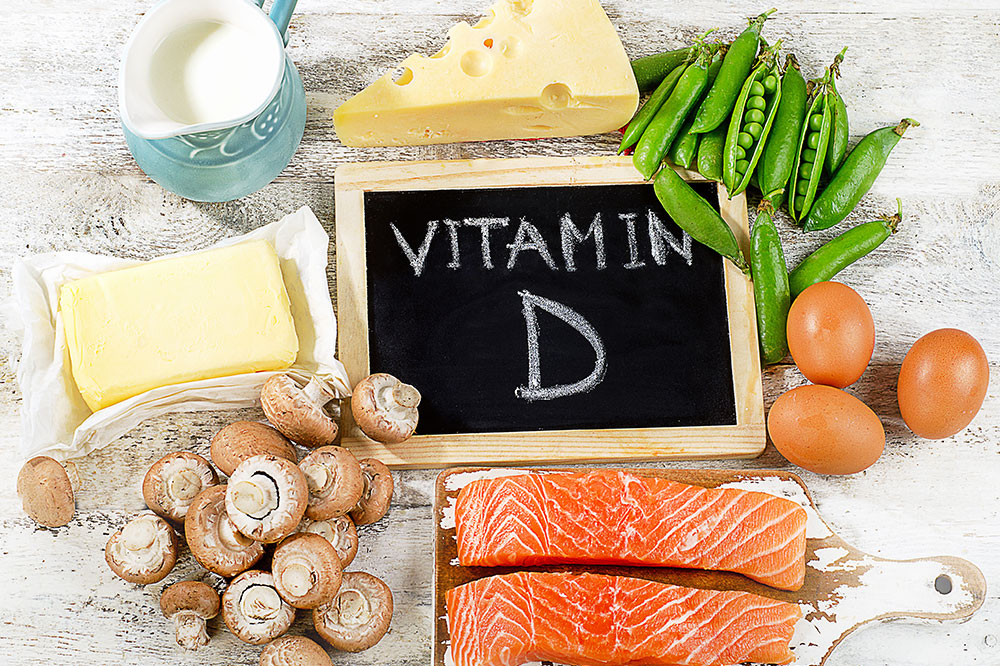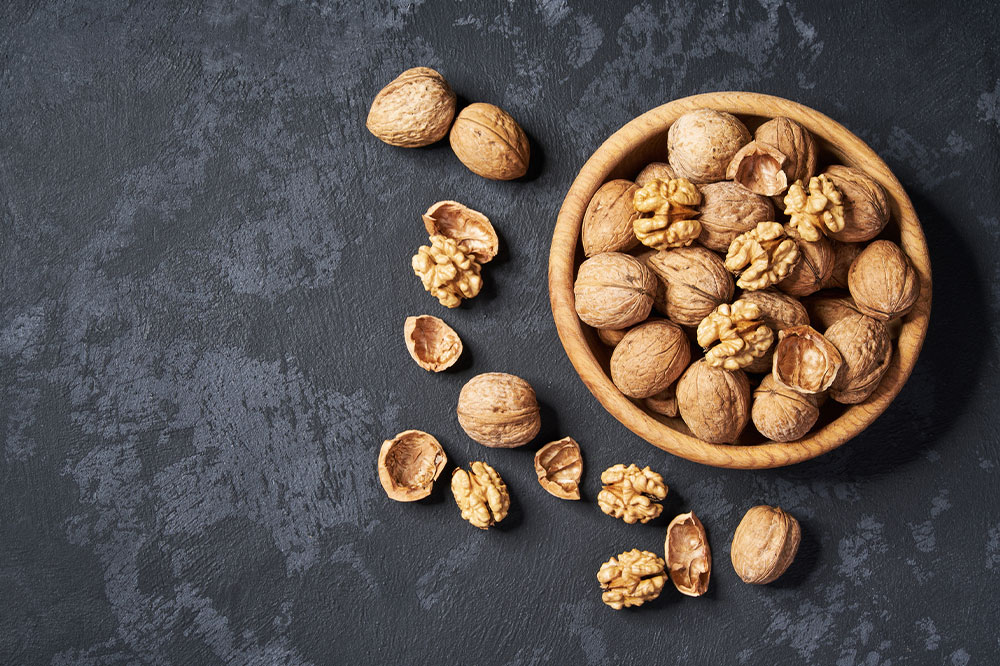Key Nutritional Strategies for GIST Patients
Discover essential dietary tips for GIST patients to support recovery and overall health. Focus on nutritious, antioxidant-rich foods, lean proteins, and healthy fats while avoiding harmful substances like processed and charred foods. Proper nutrition plays a crucial role in managing GIST effectively.
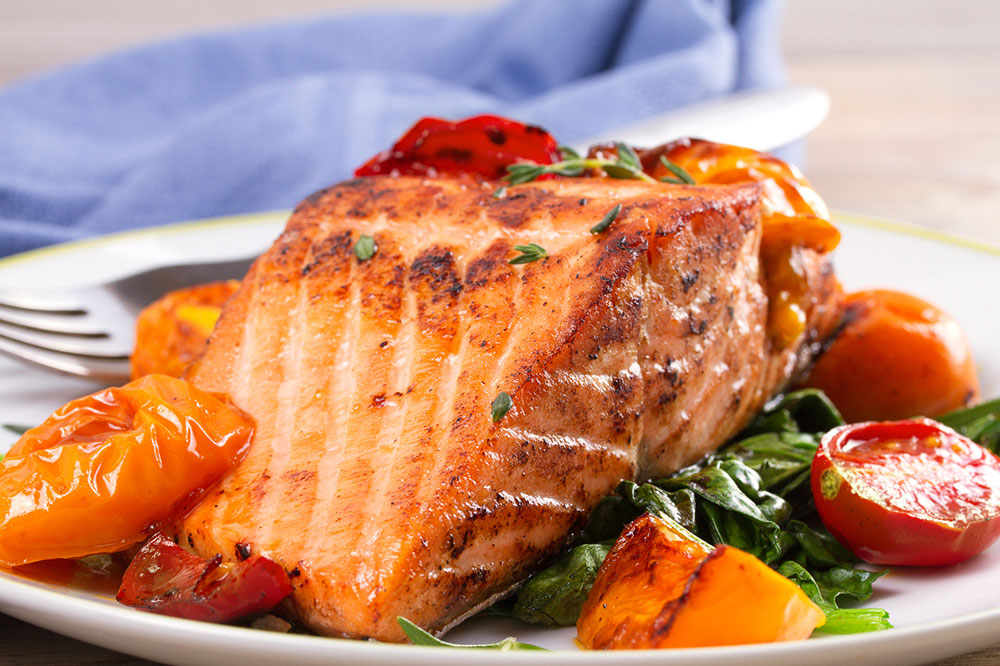
Key Nutritional Strategies for GIST Patients
Gastrointestinal stromal tumors (GIST) are uncommon growths originating in the digestive tract, primarily affecting the stomach, but also potentially involving the small intestine, esophagus, colon, and rectum. Treatment usually involves surgery or targeted medication. Proper nutrition can significantly support recovery and health. Here are vital dietary recommendations for those diagnosed with GIST.
Eat a variety of fresh fruits and vegetables
Brightly colored produce like berries, red peppers, and more provide antioxidants and fight cancer. These foods supply essential micronutrients that boost immune function and overall wellness.
Including legumes and whole grains is beneficial for gut health, especially since GIST can impact the colon. Foods such as beans, lentils, quinoa, and whole wheat help maintain digestive regularity and improve colon health.
Limiting red meat intake is advisable, as it may negatively influence treatment outcomes. Instead, opt for lean proteins like fish, poultry, low-fat dairy, eggs, and soy products.
Cooking methods matter: avoid charred foods, which can introduce carcinogens. Prefer cooking techniques like baking, steaming, or broiling over direct flame grilling. Reduce consumption of processed, smoked, and cured meats like bacon and hot dogs.
Maintain a low intake of unhealthy fats—avoid animal fats, hydrogenated oils, and baked goods rich in trans fats. Incorporate healthier fats by eating omega-3-rich foods such as flaxseeds, walnuts, and fatty fish like salmon.

